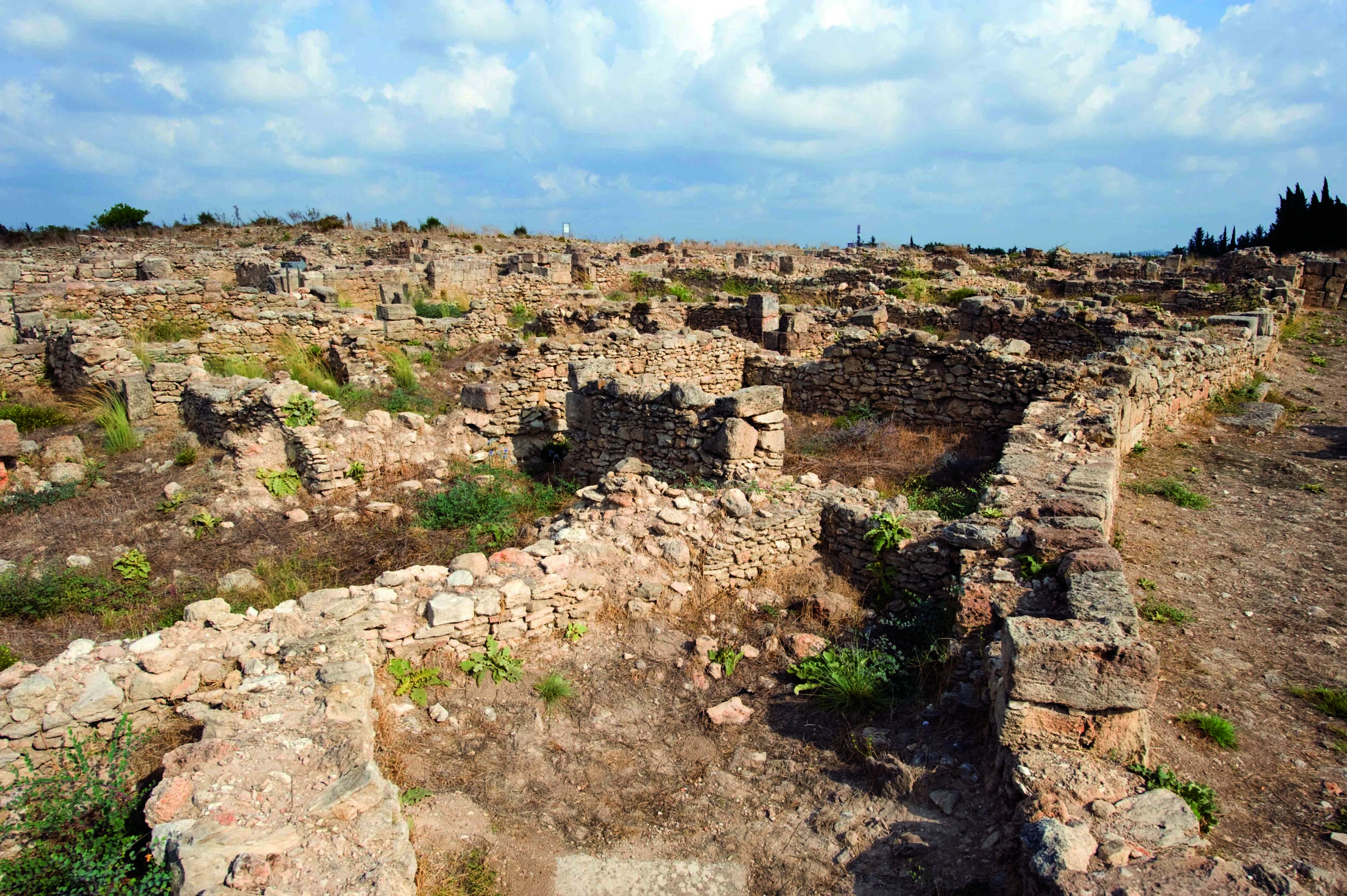KASUGA, JAPAN—According to a report in The Asahi Shimbun, researchers including Junichi Takesue of Fukuoka University have identified two scale weights estimated to be more than 2,000 years old among artifacts unearthed in 1989 at the Sugu-Okamoto archaeological site, which is located on the southern island of Kyushu. The site, inhabited by people of the Yayoi Pottery Culture, is one of a series of sites known as the Sugu group, and may have been part of the early Japanese state of Na. One of the cylindrical stones, known as a decuple weight, weighs ten times the reference weight of 11 grams, or about 0.4 of one ounce. A second stone, known as a trigintuple weight, weighs 30 times the reference weight. The weights were found near a bronze workshop, and may have been used to weigh copper and lead. Similar weights measuring 1, 3, 6, 20, and 30 times the reference unit have been found at other sites in the Sugu group. Bronze weights with approximately the same reference weight have been unearthed in southern South Korea. To read about a man likely killed by a shark some 3,000 years ago, go to "Around the World: Japan."
2,000-Year-Old Scale Weights identified in Japan
News September 27, 2021
Recommended Articles
Features September/October 2025
Myth of the Golden Dragon
Eclectic artifacts from tombs in northeastern China tell the story of a little-known dynasty
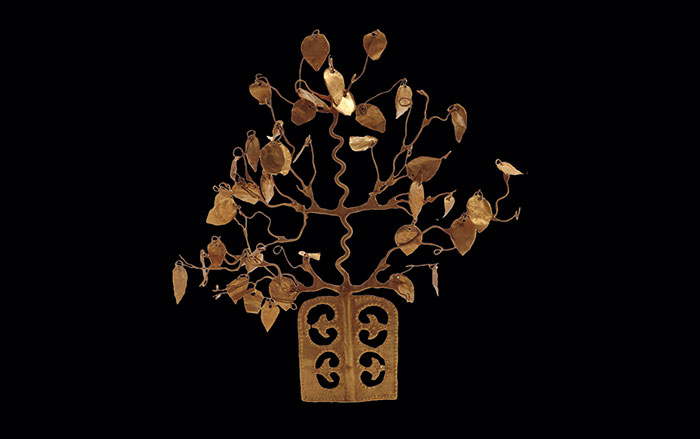
Features May/June 2025
Lost City of the Samurai
Archaeologists rediscover Ichijodani, a formidable stronghold that flourished amid medieval Japan’s brutal power struggles
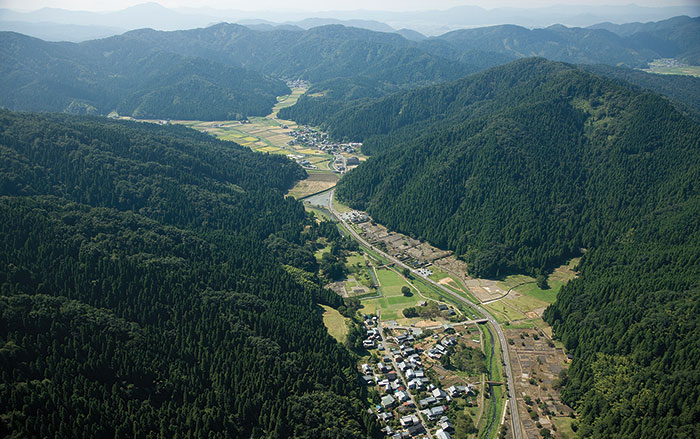
Digs & Discoveries March/April 2023
Weapons of Choice
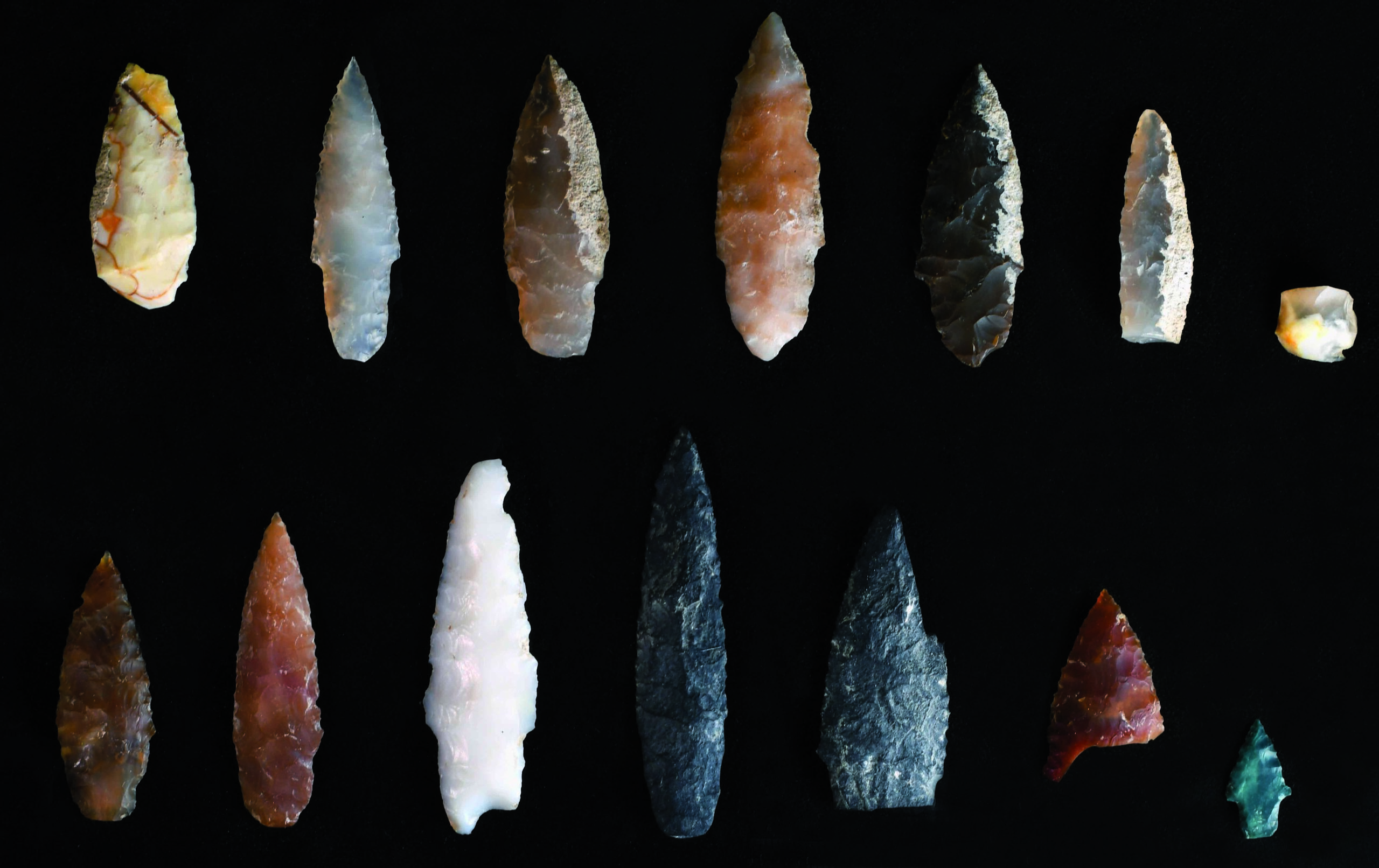
Digs & Discoveries January/February 2022
Japan's Genetic History
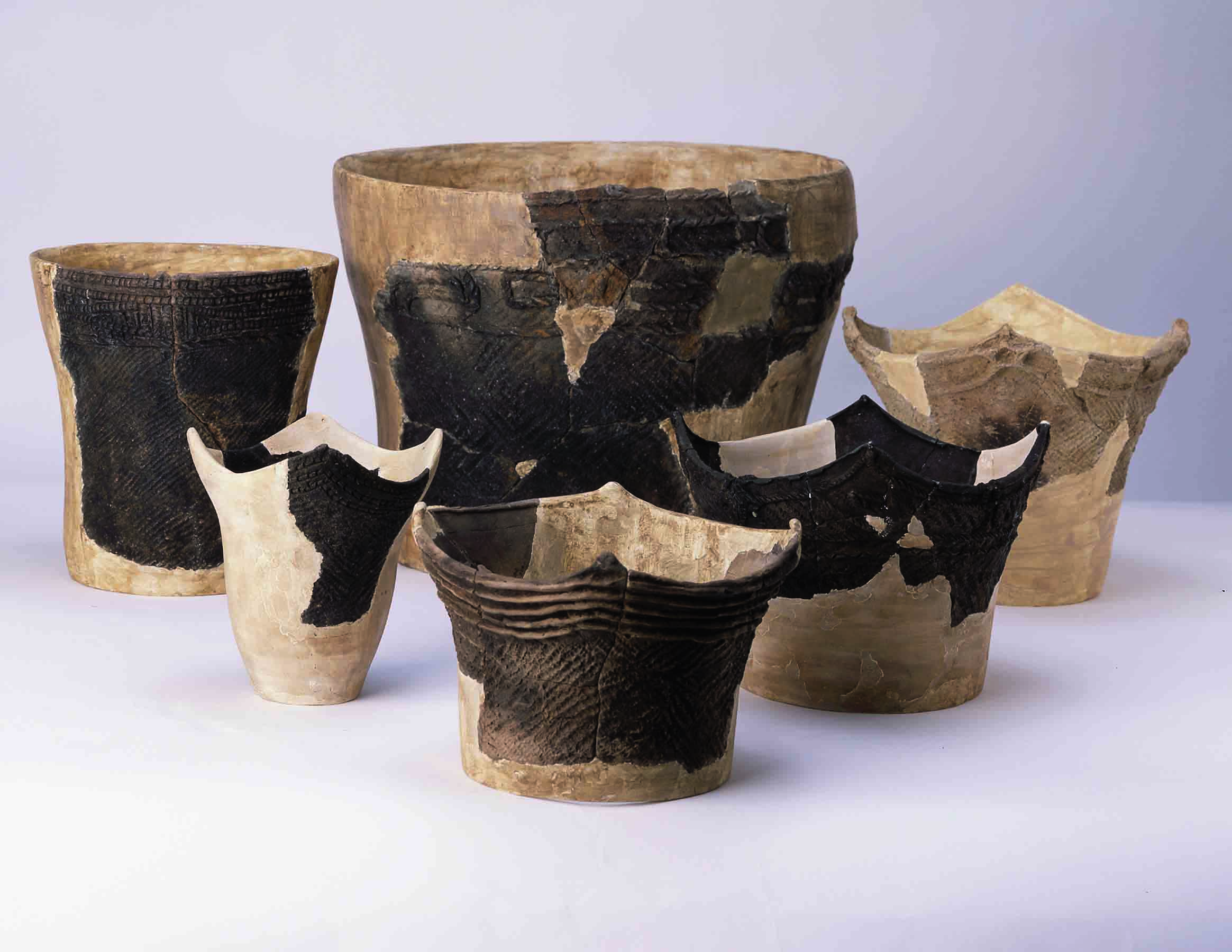
-
Features July/August 2021
Autobiography of a Maya Ambassador
A grand monument and a humble burial chronicle the changing fortunes of a career diplomat
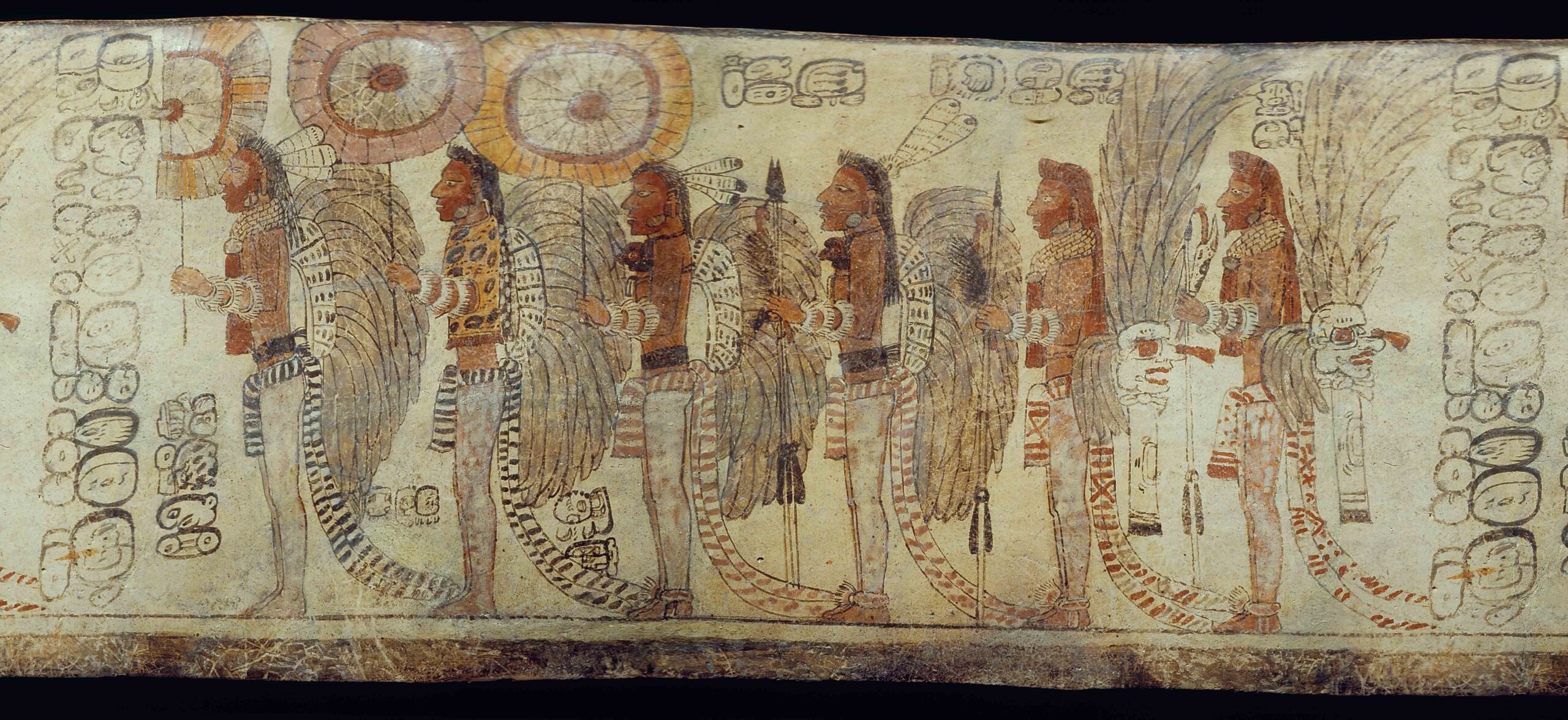 (Justin Kerr, K-5763, Justin Kerr Maya Vase Archive, Dumbarton Oaks, Trustees for Harvard University, Washington, D.C.)
(Justin Kerr, K-5763, Justin Kerr Maya Vase Archive, Dumbarton Oaks, Trustees for Harvard University, Washington, D.C.) -
Letter from Alaska July/August 2021
The Cold Winds of War
A little-known World War II campaign in the Aleutian Islands left behind an undisturbed battlefield strewn with weapons and materiel
 (Brendan Coyle)
(Brendan Coyle) -
Artifacts July/August 2021
Egyptian Copper Tools
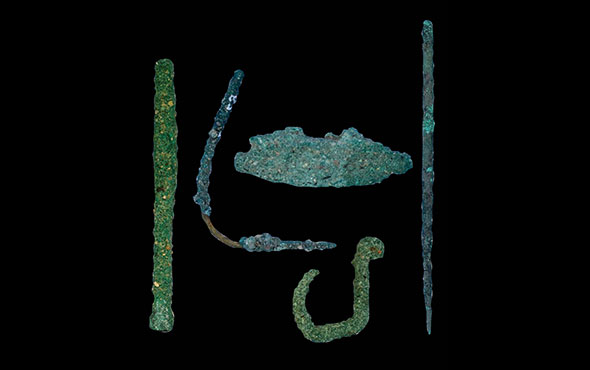 (Courtesy Martin Odler and Jiří Kmošek, Czech Institute of Egyptology, Faculty of Arts, Charles University)
(Courtesy Martin Odler and Jiří Kmošek, Czech Institute of Egyptology, Faculty of Arts, Charles University) -
Digs & Discoveries July/August 2021
A Challenging World
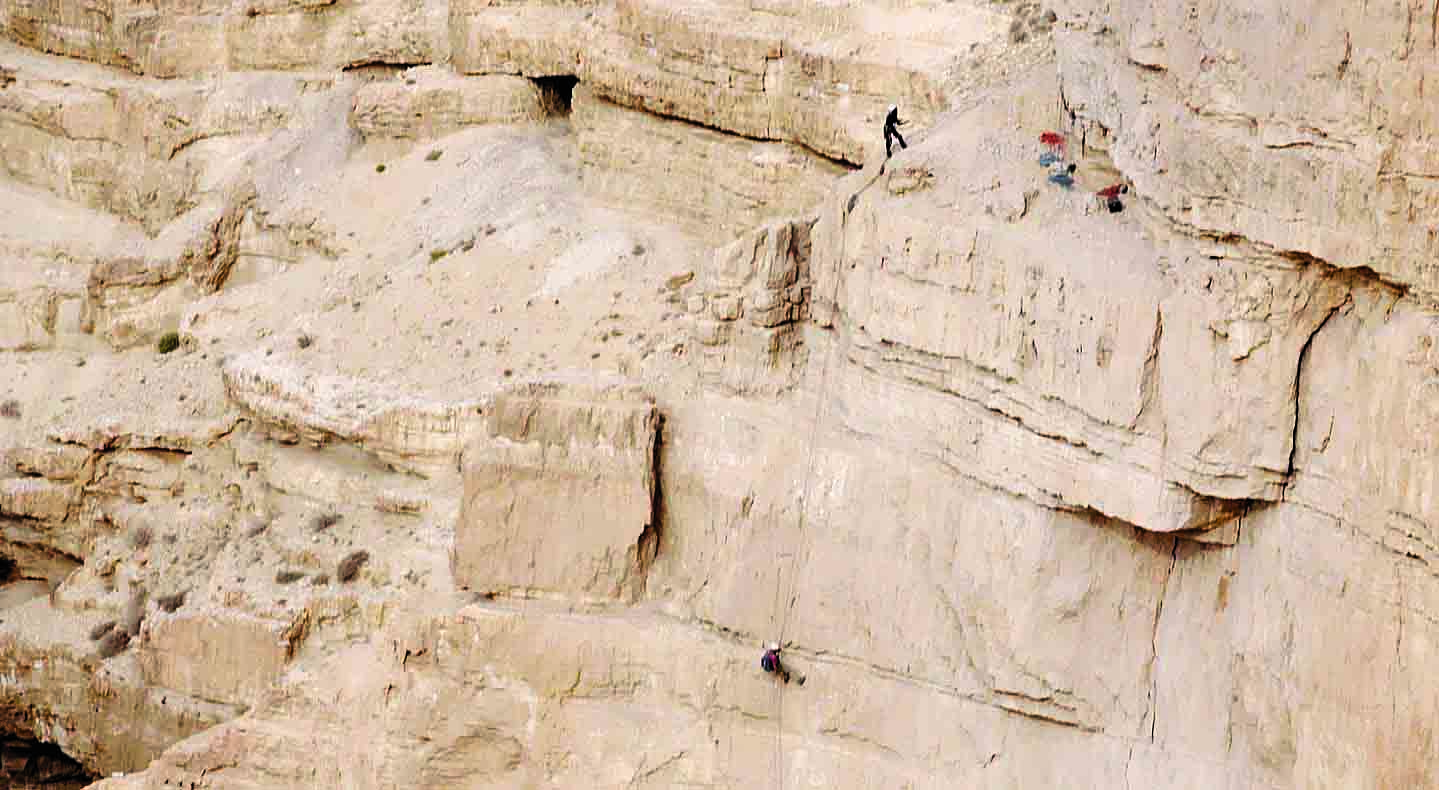 (Courtesy Yoli Schwartz/Israel Antiquities Authority)
(Courtesy Yoli Schwartz/Israel Antiquities Authority)


